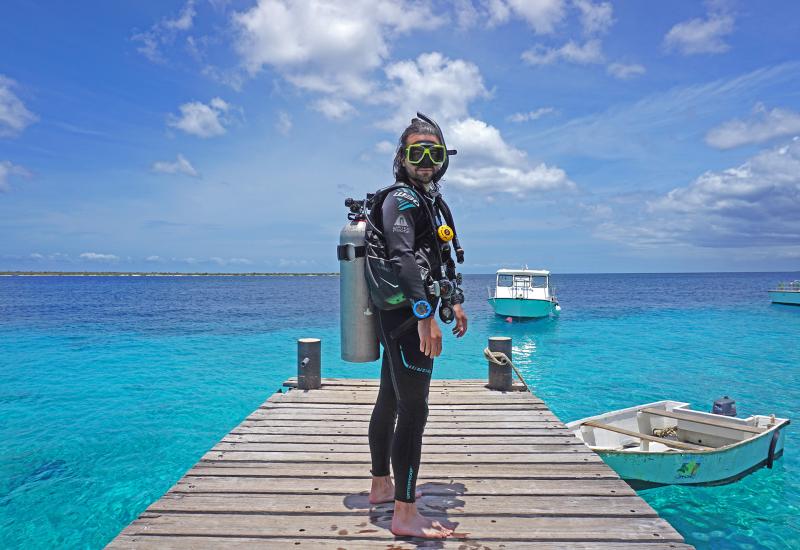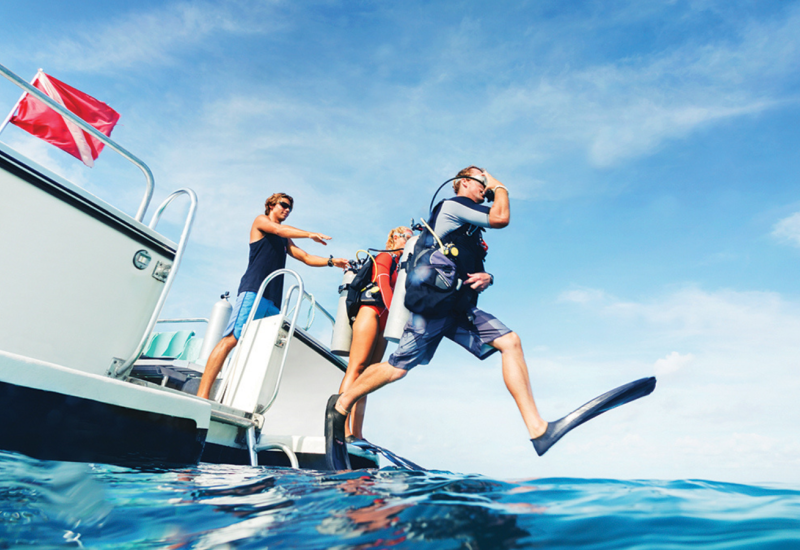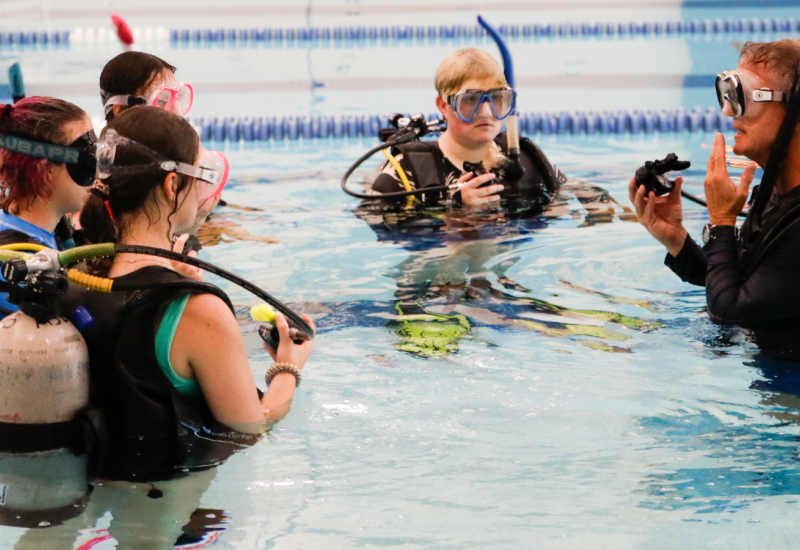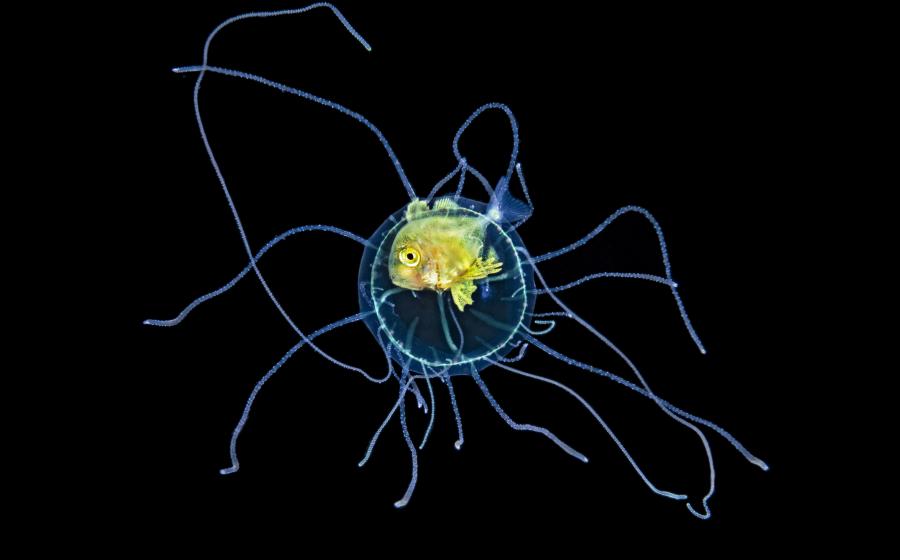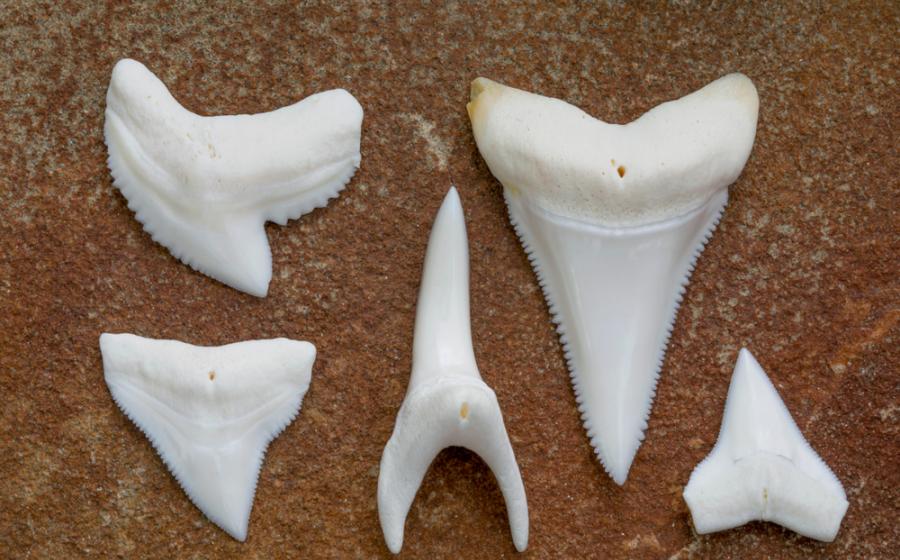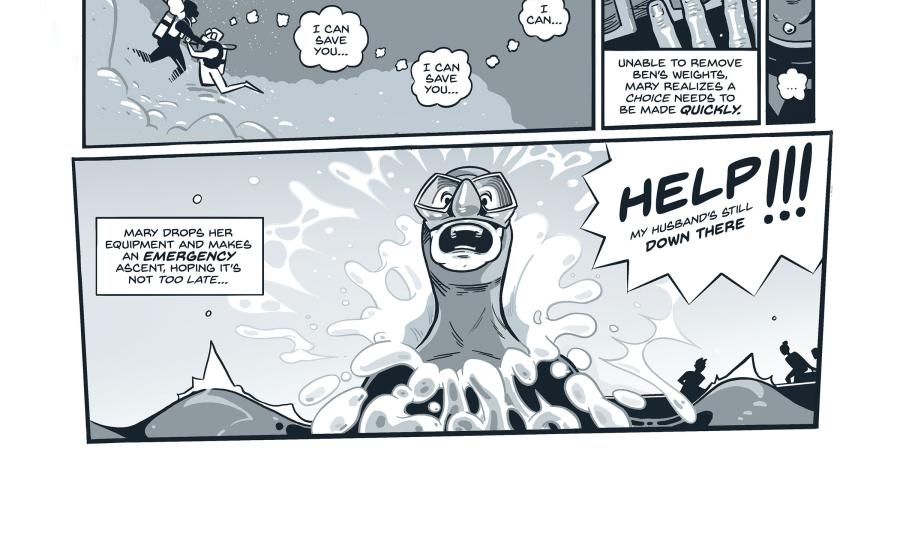Scuba Diving Tips: How To Avoid Decompression Sickness — AKA The Bends
Put the odds in your favor by following these proven methods of lowering your risk of taking a DCS hit.
TIP #1: Work Out
Maintaining proper weight is thought to reduce DCS risk, especially as you get older.
TIP #2: Go Easy on the Sauce
Drinking is good on a dive vacation, as long as it’s water. Dehydration seems to be a major factor in DCS.
TIP #3: Go Easy on the Diving
Take a day off during a week of diving. By taking a day off midweek, you decrease your nitrogen loading and give your body an opportunity to recover. Increase surface intervals, and decrease no-decompression limits.
TIP #4: Have a Gas
Use EANx. Enriched air nitrox reduces nitrogen in your breathing gas, making it easier to stay well within no-decompression limits.
TIP #5: Take it Slow
The slower the better for ascent rates. Ascend no faster than 30 feet per minute.
TIP #6: Stop, For Pete's Sake
Always perform a safety stop at 15 feet for three to five minutes. Remember, the ascent from safety stop to the boat is the most critical distance of your ascent, so go slow.
TIP #7: Bundle Up
Keep warm during and between dives. Being cold changes your body circulation, which is thought to affect how quickly and efficiently you eliminate excess nitrogen.
TIP #8: Speak Your Mind
Don’t ignore symptoms. Call DAN’s diving emergency hotline (919-684-8111). A dive doctor or medic will assess whether you need to get to a chamber, and then help you get to one.

